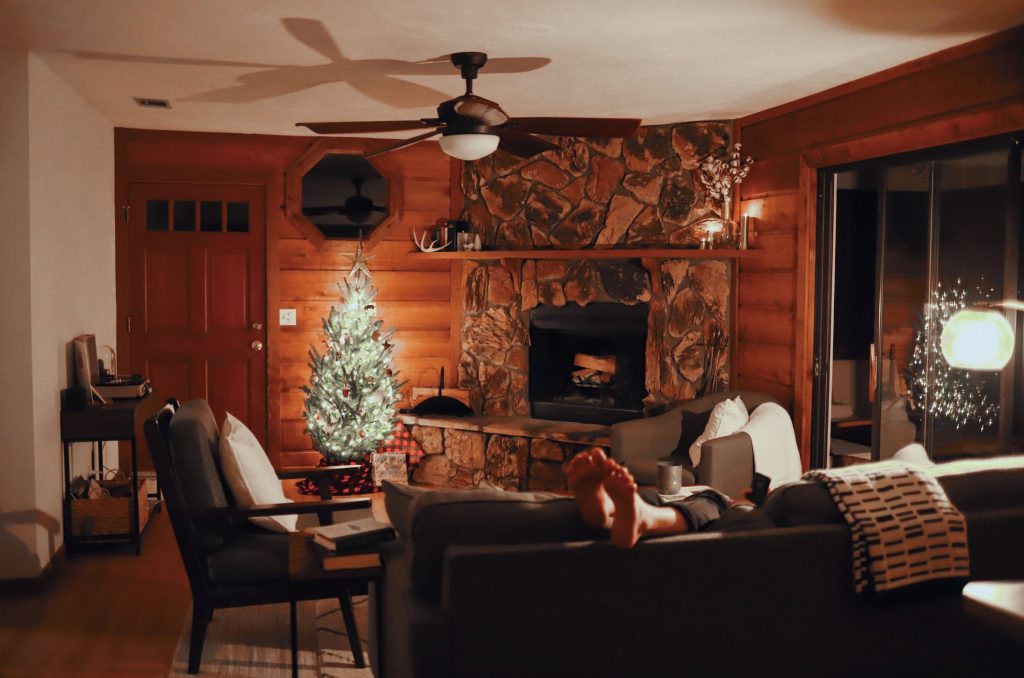Depending on where you live, you could be asking yourself, “does homeowners insurance cover fallen tree damage?” It depends on the situation. During windstorms and other disasters, trees fall on homes, power lines, vehicles, other buildings, and sadly, on people. So, before you file a claim, we recommend that you take a look at your specific insurance policy. We have laid out some basic information about coverage from a typical insurance policy in this article. The ins and outs of your coverage will depend on the company. However, this is a good place to start, instead of waiting to ask the question once a windstorm, hurricane, or other disaster has occurred. Below, you will find a simplified version of what is and is not covered when it comes to help with fallen trees and the damage they bring.
Homeowners insurance and fallen trees
When does homeowners insurance cover fallen trees? Regardless of whether the fallen tree was growing on the neighbor's property or yours, damage to your home and its contents is covered. This is also true of the structure of your home and other structures on your property. For structures other than your home, like a detached carport, there's generally a cap of 10% on coverage. Most insurance providers understand that vandalism or natural disasters like lightning, hurricanes, and wind fall under your policy. Now, does homeowners insurance cover fallen tree removal? There may be a limit, but the short answer is yes for removal of trees that fall on insured structures. A typical insurance provider will offer $500 and $1,000 of coverage for trees and shrub removal. This includes those pesky storm projectiles too, like other plants and branches.

When aren’t fall trees covered?
We have answered the question “does homeowners insurance cover fallen trees?” It is now time to look at when fallen trees and their damage are not covered. If your homeowners policy does not cover the cause of the tree falling, such an earthquake or flood, it’s unlikely that the company will pick up the tab. Preventable events, like rotting trees, will most likely not be covered. Also, if the tree falls, but it doesn’t cause any damage, you will typically be on your own for its removal. This may change if the tree is blocking a vital access point, like a driveway or a ramp for people who use a wheelchair. In this case, the insurance company may pay to have it removed, but this is one of the only times, unless the policy has a specific wording for other instances.

Additional info regarding the policy
Again, it doesn’t matter if the fall tree was on your property or your neighbors. The original location is unimportant, as the insurer will only care about where it ended up. If it’s your property that was damaged, it’s up to you file the claim. You will be responsible for the deductible, but if the tree was your neighbor’s, you may be reimbursed for that portion. If you live in an area susceptible to hurricanes, the deductible could be much larger, since it is estimated as a part of the home’s insured value. Take an inventory of your yard and see if there are any unhealthy trees: ones with split trunks, exposed roots, etc. A policy may cover damage caused by fallen trees, but performing proper maintenance is important. Your insurance provider may challenge a claim if the trees weren’t well kept.

